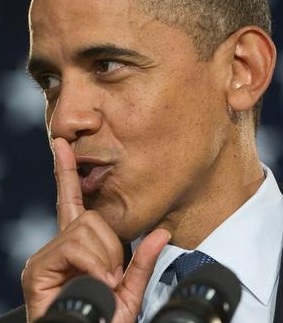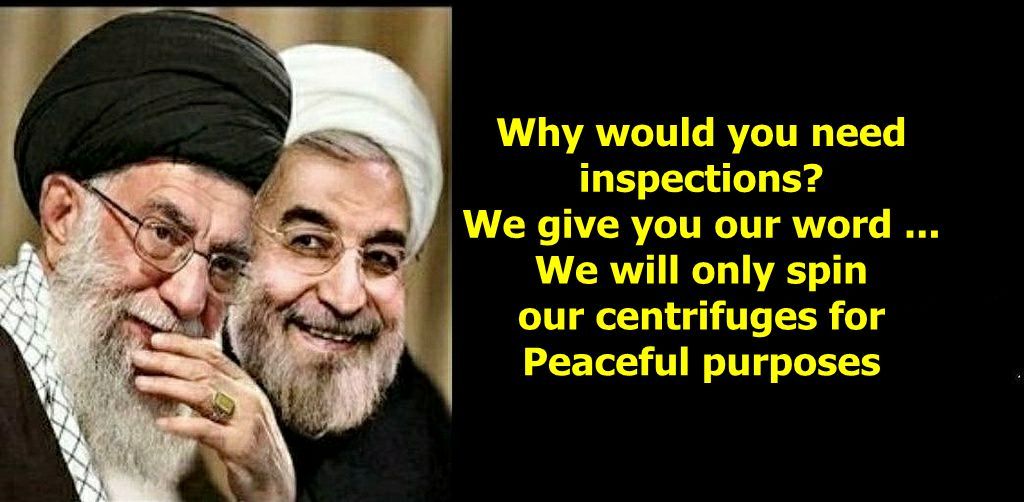The Obama Administration insists there’s nothing secret about the Iran nuclear deal, even as it claims not to have read two crucial side deals Tehran has struck with the International Atomic Energy Agency (IAEA). “Confidential agreements, but no secrets” is the way top U.S. negotiator Wendy Sherman describes the deals, which are thought to concern the military dimensions of Iran’s nuclear programs.
Try parsing that distinction. And while you’re at it, consider that there might be additional separate agreements we haven’t heard about. We raise the possibility after speaking with Rep. Mike Pompeo, the Kansas Republican who sits on the House Intelligence Committee, and who more-or-less stumbled on the two side deals when the deputy director of the IAEA disclosed their existence to him and Sen. Tom Cotton (R., Ark.) in a meeting in Vienna.
“When you ask [the Administration] if there are other [side deals], you don’t get a yes or no answer,” Mr. Pompeo tells us. The Congressman adds that he and his colleagues have been frustrated by the Administration’s failure to answer their questions even in classified sessions. What does Mr. Pompeo know about the two side deals the Administration does acknowledge? “Nearly nothing,” he says, “and we’ve been briefed four times.”
The Administration claims this is no big deal because Iran and the IAEA are entitled to reach a non-disclosed understanding to resolve their differences. “This is pretty standard,” says Energy Secretary Ernest Moniz.
Now there’s an epic dodge. If the U.S. isn’t privy to Iran’s dealings with the IAEA, it’s because Secretary of State John Kerry and other negotiators conceded the point to Iran at the 11th hour. He might have done so figuring that punting to the IAEA gave him the chance to seal the deal without having to know exactly what’s in it. To adapt Nancy Pelosi’s phrase, if you pass the deal you still won’t know what’s in it. So much for President Obama’s assurances that the deal isn’t based on trust but on “unprecedented verification.”
All of this is vital because Iran hasn’t answered the IAEA’s questions regarding the so-called Possible Military Dimensions of its nuclear program. The IAEA has also been seeking access to Iran’s military site at Parchin, which inspectors haven’t visited for a decade and where Iran is suspected of carrying out experiments and tests on weaponizing a nuclear device.
But unless the world can have a clear understanding of what Iran is already capable of doing, there’s no way to know how long it would take the regime to build a bomb if it decides to do so. This also undermines Mr. Obama’s central claim that the deal puts Iran at least one year away from a bomb if it walks away from the agreement.Read the rest of the story HERE.
If you like what you see, please "Like" us on Facebook either here or here. Please follow us on Twitter here.







No comments:
Post a Comment